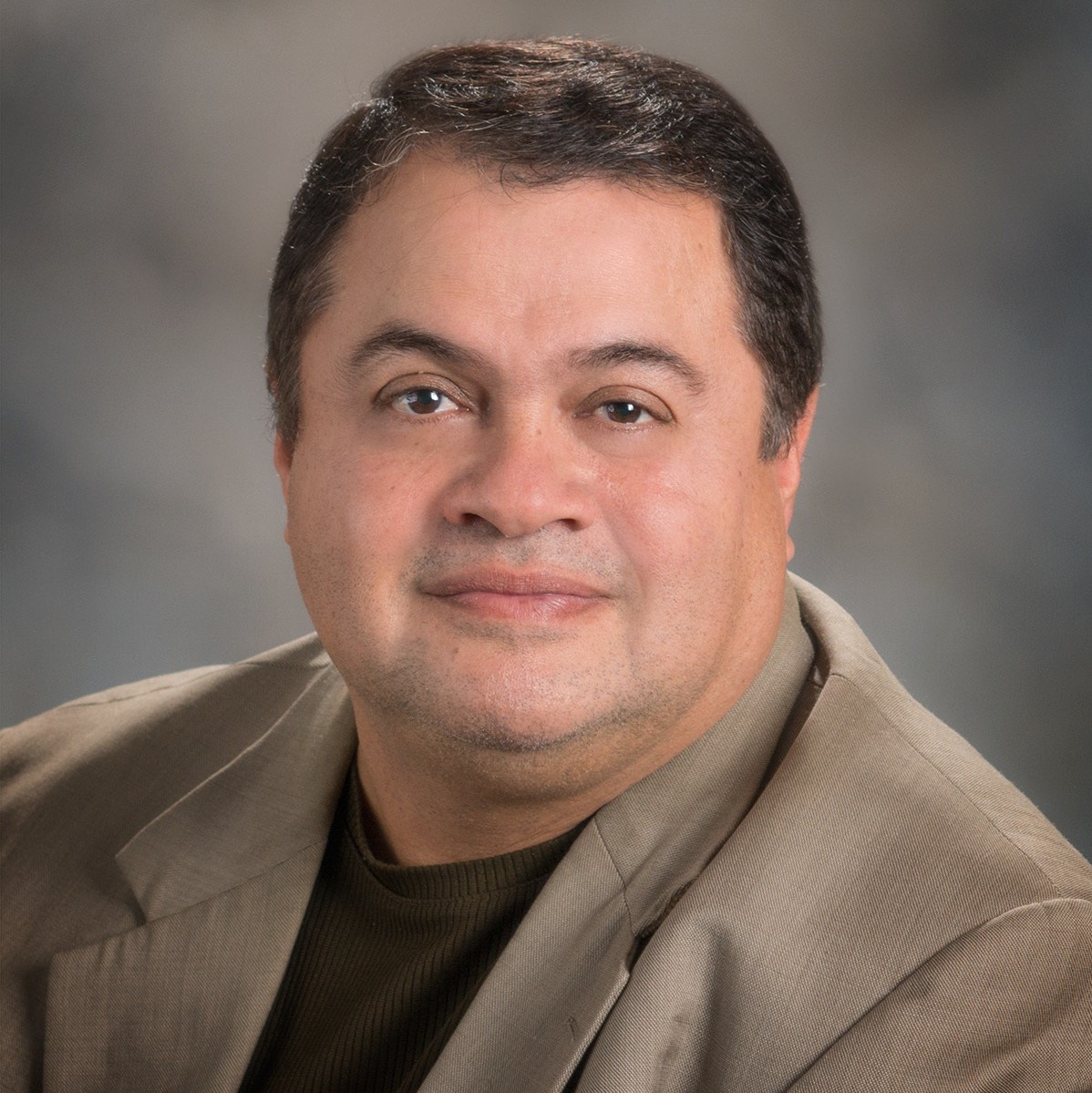Professional Ethics Edification

Once a month the ACPE Professional Ethics Commission (PEC) posts a section of our Code of Professional Ethics for ACPE Members. Each posting is accompanied by a brief personal reflection from a PEC member sharing some ways this person has experienced the referenced code section*. July’s statements are:
4. In collegial relationships, ACPE members:
a. Respect the integrity and welfare of colleagues; maintain professional relationships on a professional basis, refraining from disparagement and avoiding emotional, sexual, or any other kind of exploitation.
b. Take collegial and responsible action when concerns about incompetence, impairment, or misconduct arise.
For July, José Cedillo, ACPE Certified Educator at Baptist Health System in San Antonio comments:
The subject of collegiality is a familiar term for many of us who practice process education. Since the beginning of my CPE experience in the year 1991 during an extended CPE unit in Chattanooga, TN., I began to re-learn the value of group learning and peer relationships in a profound new way. One of my theological grounds for ACPE education comes from the work of Justo Gonzalez’ (Mañana: Christian Theology from a Hispanic Perspective, Abingdon Press, 1990) theological assertions which he calls “fuenteovejuna-todos a unau” (fuenteovejuna- we are all one). Our individual actions affect not only ourselves, but also others, including our colleagues or peers. I began to experience the value of affirming my peers and colleagues-in-learning as a valued group. Although sometimes difficult for me, I also began to practice the art of confrontation rooted in care and respect for my peers and CPE educator. “Speaking the truth in love” was my theological root for this new learning experience about collegial relationships among those we work with and care about.
As a member of the PEC I constantly find myself reflecting on the two aspects of this particular standard of our code of ethics; I do this for myself and as one who hears and deliberates on the cases brought to our PEC. These two aspects of this standard are like a parallel process with one of our present CPE outcomes (L1.4.). This standard requires us to take action when concerns about incompetence, impairment, or misconduct arise. In less severe cases, this action might consist of simply providing timely feedback to the educator depending on the circumstances of a given case. I see the parallel of taking collegial and responsible action in offering our peers and students timely, accurate, and accountable responses if we notice disrespect for professional learning and their relationships. This may be more difficult for us as educators because this implies “taking a risk” in calling our own peers to justice and accountability with significant consequences if they ignore our call.
I think about how we as educators relate amongst ourselves and those students we serve. I’m constantly reminded by my Chief Officer (my boss) that even when our CPE students are in the process of learning, they are also evolving professionals in the provision of spiritual care. Of course, our students deserve to be treated with respect and care when we as educators use our power and authority to journey along their learning process. Even when a student’s learning process includes revealing many deep and vulnerable aspects of his or her personal history and experience, as educators we are required to respect the student’s action and basis for sharing those aspects of themselves in order to enhance the student’s learning about self and others. This knowledge is not to be interpreted or used for personal gain or establishing strategic ways of relating beyond the scope of learning.
When dealing with issues of incompetence, impairment, or misconduct these standards require us to revisit our willingness and ability to hear other’s concerns and take action. Our professional standards help us to be accountable not only for our own actions, but also for the wellbeing of others. I believe the standard challenges us to be courageous and accountable if we find ourselves violating these standards. It also challenges us to take action if one of our colleagues exhibits incompetence, impairment, or misconduct. The call is not to judge or police others, but to understand that we are also intrinsically woven to and with others.
In conclusion, if Fuenteovejuna theology is to be exercised, it really does not matter who takes the initiative to denounce oppression, but the solidarity of believing that, what impacts one of us, student, educator, or psychotherapist, has an effect on the entire profession of providing spiritual care and education. However, every situation is unique, and no member should act based solely on the comments in the article but to base action on an independent review of the ethical standards applicable to his/her situation.
